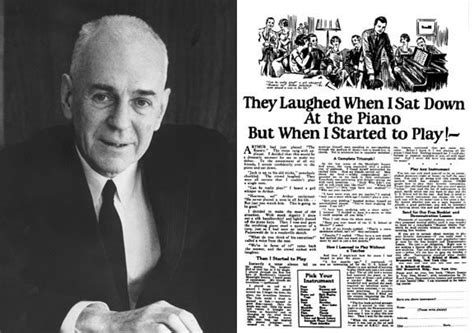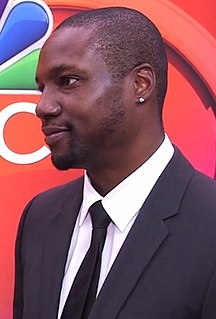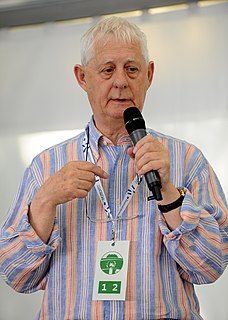A Quote by John Caples
Related Quotes
I get nostalgic for things that didn't really exist. I might have a cassette from the first time a Melle Mel track, say, got played on radio in Manchester. And it might be a copy of a copy of a copy of a tape and there's all these weird nuances and distortions that have affected what I know as the truth, if you like, of that track.
We buy a copy of 'Gravity's Rainbow,' say, and we carry our copy home. We open it; we fall into it. And it is here that the word 'copy' fails. Because what I experience when I read 'Gravity's Rainbow,' or 'Beloved,' or 'The Moviegoer,' is not at all a 'copy' of what you experience when you read the same novel.
I've always kind of thought that reviews written by readers for readers are a kind of private space between consumers. It's their right to say anything they like about your material, and authors need to know that and respect that. As for my end, I'm aware of what my sales are, so I know that my books are working in the marketplace, at least for now, and beyond that, I have to just do my thing and stay focused.
If your entire conception of what's possible in fantasy only comes from other fantasy books, you're going to go on to create a copy of a copy of a copy. There's nothing original there, nothing dynamic. Which is fine if that's your goal, but I've always wanted to do something no one else was doing before.
A reader is entitled to believe what he or she believes is consonant with the facts of the book. It is not unusual that readers take away something that is spiritually at variance from what I myself experienced. That's not to say readers make up the book they want. We all have to agree on the facts. But readers bring their histories and all sets of longings. A book will pluck the strings of those longings differently among different readers.
Most of the time, particularly with this record, 'The Light of the Sun,' I really just been standing in front of a microphone and blacking out musically, you know. I'd come back a couple hours later and there's six songs from beginning to end, you know? I don't know what I'm going to say. I don't know how I'm going to say it.
Copy is not written. If anyone tells you ‘you write copy’, sneer at them. Copy is not written. Copy is assembled. You do not write copy, you assemble it. You are working with a series of building blocks, you are putting the building blocks together, and then you are putting them in certain structures, you are building a little city of desire for your person to come and live in.


































